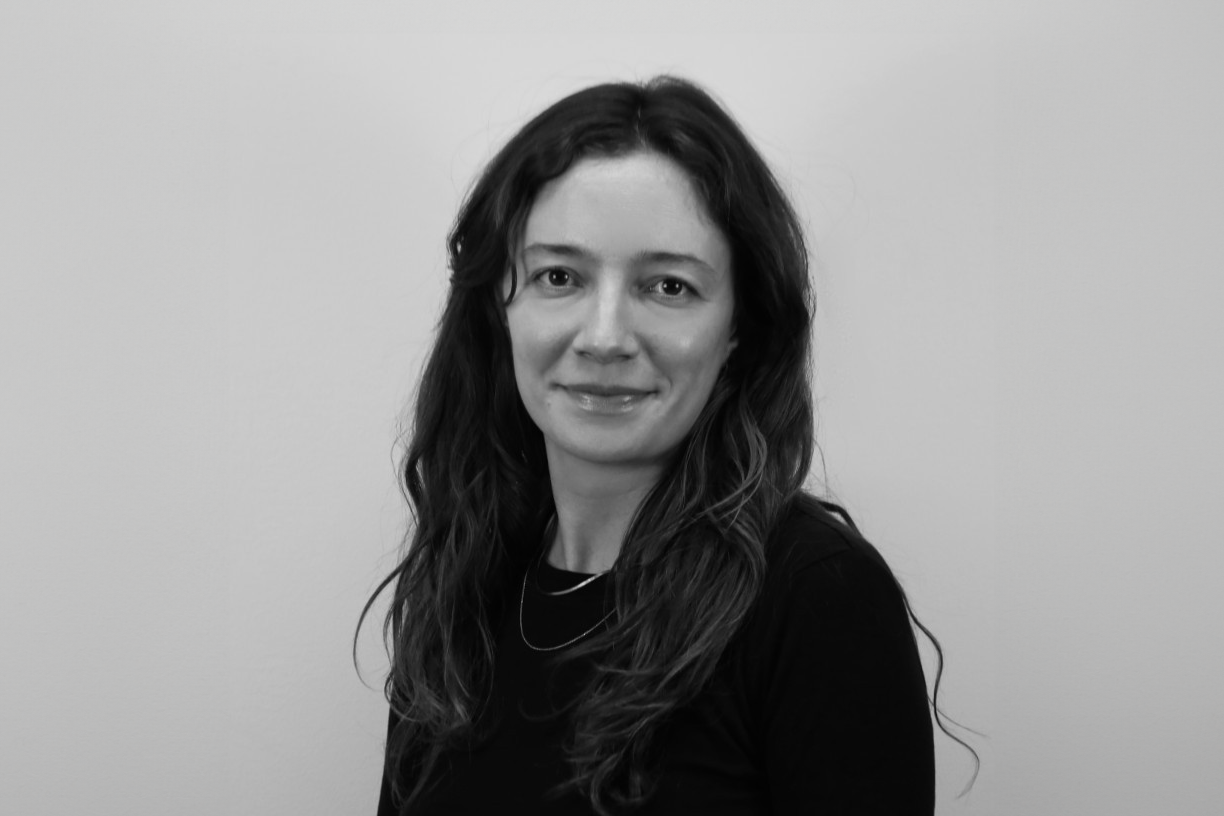I applied to law school knowing I wanted to work as a public defender, which is a relatively low-paying job compared to other legal career paths. That’s the main reason I chose Temple: the school’s generous financial aid, plus student loans, helped me feel secure in my plans to pursue this career after I graduate. I knew that the pressure of $300,000+ in loans might (reasonably!) pull me away from doing the job I am sure I want to do. Financial stress will always be there, but this clear goal helped me make big decisions about law school – where to apply and attend, what loans I could handle, and what opportunities to pursue in school.
At Temple, I’ve found a supportive community of students and faculty who care about public interest work. The summer after 1L, I interned in the public defender office in Wilmington, DE which was a great learning experience. 2L spring, I participated in a clinic with the Defender Association of Philadelphia, which was the first time I got to represent clients myself in court. I got two clients’ charges dismissed and they were released from jail, which was the best feeling ever. Last year, my classmate Gen and I launched a court-watch program with a local nonprofit for law students to observe bail hearings. I learned a lot from spending so much time in court, seeing big and small injustices and wins every day.
For the summer after 2L, I was fortunate to receive an opportunity with the Federal Public Defender in my hometown of Baltimore. I was interested in working in the federal system and being at home also allowed me to live for free (with my mom!) for the duration of my internship. Still, a 10-week unpaid internship in between loan disbursements is a financial challenge. The Duffy Fellowship award allowed me to fully focus on my internship and my community in Baltimore with fewer financial pressures. Funding for public interest experiences is crucial to expose students to rewarding career paths that would otherwise be out of reach due to financial barriers.
The Federal Public Defender represents people across the state of Maryland who are charged with federal crimes – from unlawful possession of a gun or drugs, to financial and immigration-related offenses. I grew up in Baltimore and plan to return after I graduate, so this was a dream internship. The attorneys, investigators, and other staff in the office are all incredible advocates for their clients. I did a ton of research and writing, and also learned a lot about the differences between federal and state practice – including caseloads, the amount of resources available to investigate and litigate a case, and the focus on sentencing and mitigation at the federal level.
Before law school, I thought of public defenders as just working with clients leading up to a trial or guilty plea, maybe an appeal. But there’s a whole world of post-conviction work out there. Last summer, I worked on expungement petitions to clear old convictions from clients’ records, opening up housing and job opportunities that had been out of reach. This year, through the Systemic Justice Clinic at Temple led by Professor Sibley, I worked with incarcerated people to prepare for their parole hearings, including writing personal statements, developing a housing and employment plan for their release, and gathering letters demonstrating their growth while incarcerated. This summer I observed hearings on motions for compassionate release, which allow individuals sentenced to long prison terms to petition for freedom due to extraordinary circumstances. This year, I’m participating in a year-long federal reentry program, assisting federal judges, defenders, and other partners to support participants in successfully reentering the community. Through these experiences, I learned that representation doesn’t end after a plea or trial. Incarcerated people and those returning home also have pressing legal needs. Though avenues for addressing these can be limited, the impacts are huge for the client and their family.
Some pieces of advice I would offer:
Go to court and just watch, as often as you can.
Be respectful to everyone you meet. This should go without saying, but in high-pressure situations, it’s easy to forget that every person in your office and the courtroom and the jail has a job to do. Getting the best results for your client requires treating other people with respect, even when you’re stressed or advocating for different outcomes.
Most important: say yes to things! I often psych myself out, thinking, “I don’t know enough about this topic to be helpful.” But that’s the best part about being a student – everyone knows you’re not an expert. If you have a new idea for a project, a professor shares an opportunity with you, or an attorney you’ve never worked with before needs help, just go for it – you’ll always learn something!


